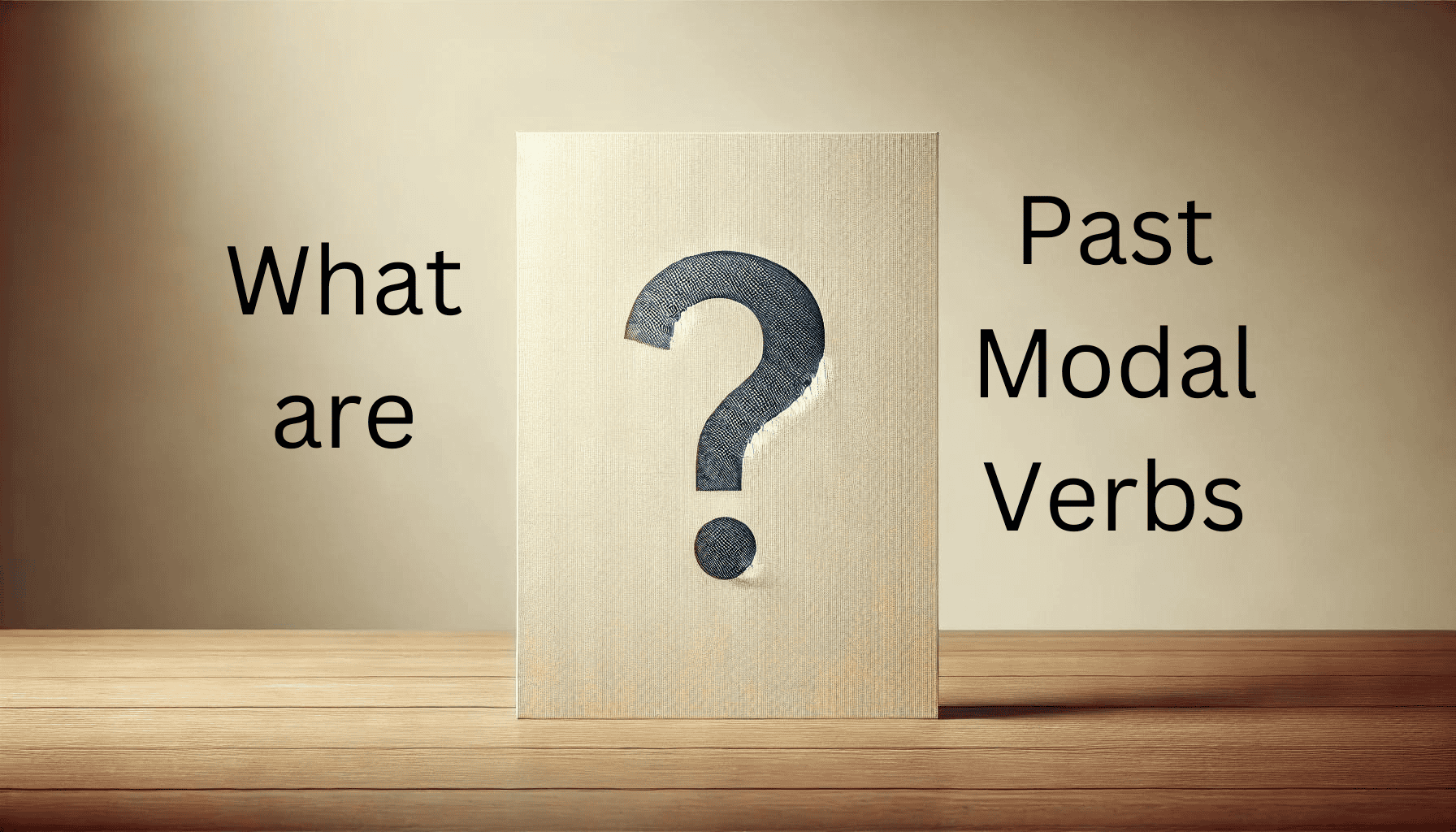“Shoulda, coulda, woulda” is a common slang term in the English language (and one that I use far too often) that means there’s no point in dwelling on how something should have, could have or would have been different. Some people change up the order of the words, but the overall meaning is still the same. These words assist in the construction of past modal verbs in the English language.

List of Past Modal Verbs
In English, modal verbs of probability are helping verbs, also known as auxiliary verbs, which indicate possibility, obligation, permission and ability. A past modal verb implies something was possible, permitted, obligated or able to be done in the hypothetical sense, but didn’t actually happen. These verbs are combined with “have” to create the past modal structure. Here is a list of past modal verbs:
- Could have
- Might have
- Should have
- Would have
To create a sentence using past modal verbs, you add “have” and a past participle. Here are some modal verbs examples:
- She could have eaten the cake, but she chose to eat a salad instead.
- I might have gone to the concert if I didn’t have to work.
- Jan should have stamped the envelope before she mailed it.
- Henry would have made a great toast at the wedding, but he wasn’t there.
What Does Each Past Modal Verb Mean?
It’s important that writers understand the meaning behind each use of a past modal verb. I’ve compiled a short list for each and their meanings.
Could have: Something was a possibility, but you didn’t do it.
- The boy could have taken the candy without paying, but he stopped at the register anyway.
Could have or might have: A guess about something that happened.
- Why wasn’t Matt here yesterday? He could have been sick.
- Why wasn’t Matt here yesterday? He might have forgotten about the meeting.
Should have: Doing something was a good idea, or you were obligated to do it, but you didn’t.
- Jon should have bought flowers for all of the ladies in the office, but bouquets were really expensive.
Would have: Used to express the third conditional or volition
- I would have bought a house by now if I had enough money. (Third conditional)
- I would have gone to the party if I didn’t have any articles to write. (Volition)

Negative Past Modal Verbs
Although negative content typically should be avoided in SEO content writing, it is an important construction in the English language for both creative and informal writing.
When used in the negative, these past modals have a distinct meaning:
Couldn’t have: It wasn’t possible no matter what.
- I couldn’t have gone to the festival even if I had wanted to.
Shouldn’t have: It wasn’t a good idea to do it, but you still did it.
- She shouldn’t have eaten that whole turkey. Now she’s out sick.
Wouldn’t have: You didn’t want to do something, but did it anyway.
- Jane wouldn’t have gone to the party if she had known Joe was there.
The Lowdown on Past Modal Verbs
The use of past modal verbs is ideal for hypothetical construction. They imply how something might have occurred in the past, but things didn’t quite turn out that way. What sort of message do you interpret from sentences that use past modal verbs? What are your tips for using past modals in English writing? Let me know in the comments!


Leave a Reply